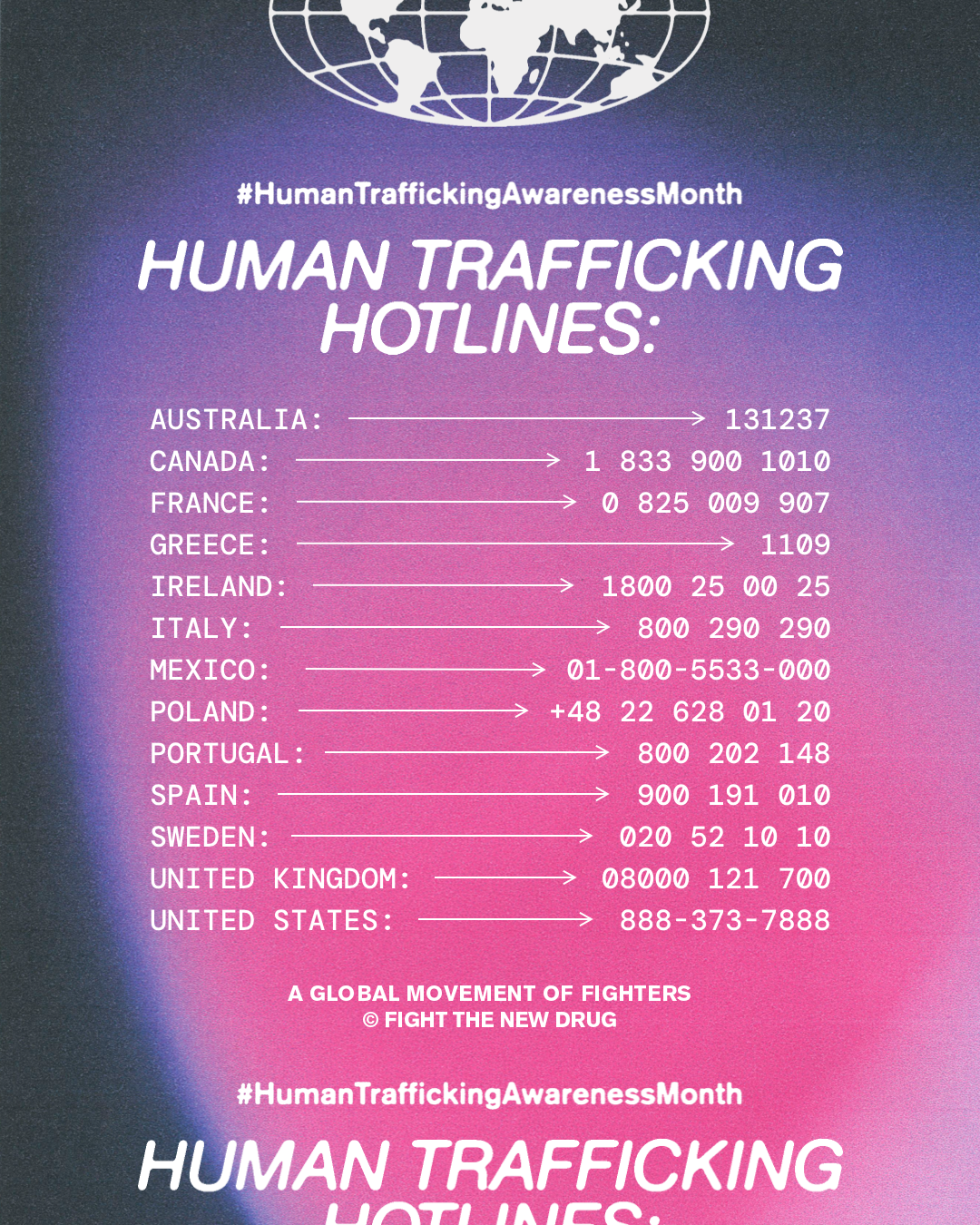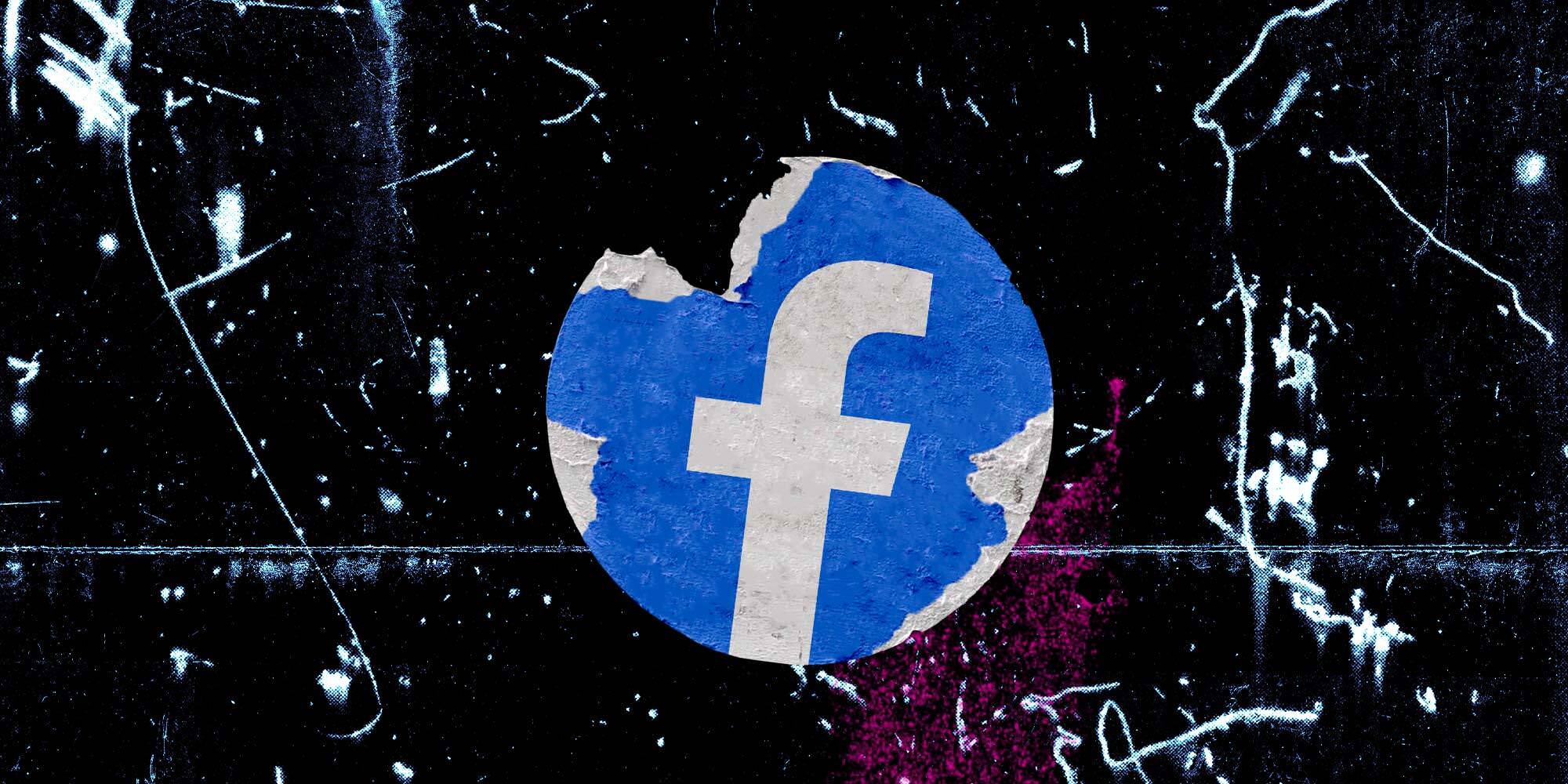Facebook‘s alleged weak response to human traffickers on the platform has come to light.
Since 2016, the company has faced a series of accusations ranging from improper use of users’ data to more serious claims that they are actively undermining democracy.
In the last few months, the public’s attention was on whistleblower Frances Haugen, a former product manager at Facebook who asserted that the tech giant prioritizes profit over implementing safeguards. Of particular concern for many is the potential effect of platforms—especially Instagram, which is owned by Facebook—on the mental health of young teen girls.
Related: Parents, This Is How You Can Spot Online Predators And Protect Your Teen From Them
In fact, in October, plans to move forward with an Instagram for kids were put on hold due to these types of concerns. The head of Instagram, Adam Mosseri, stated Facebook would use this pause to collaborate with “parents, experts, policymakers and regulators” before continuing with the application’s rollout.
Reports of lax responses to cartels and human trafficking
As part of this larger report and investigation led by the Wall Street Journal (WSJ) and known as the “Facebook Files,” there’s another issue involving Facebook that’s recently been brought to light: its inadequate response to human trafficking and drug cartels.
Reports, including numerous internal company documents, purport that Facebook hasn’t responded adequately to employee concerns over Facebook’s use globally. In particular, they point to drug cartels’ and trafficking organizations’ use of the platform to attract, advertise and sell women.
Employees state that some of the illegal groups or pages they flag are taken down, while dozens are still left active. Or, only content tied to the group is removed, instead of taking down the illicit group or organization itself.
In fact, a lawsuit has been filed to the Securities and Exchange Commision (SEC) alleging that in 2019, Facebook and Instagram were aware that the platforms were used to, “promote human trafficking and domestic servitude.” An internal Facebook document revealed that Facebook, Instagram, and Whatsapp have been used for “domestic servitude” and that traffickers, recruiters and facilitators of trafficking networks leveraged the platform to their benefit.
Part of the report stated:
“Our investigative findings demonstrate that … our platform enables all three stages of the human exploitation lifecycle (recruitment, facilitation, exploitation).”
Related: How Sex Traffickers Use Social Media To Contact, Recruit, And Sell Children
What’s more, in 2019, the BBC published a report which found that Facebook was reportedly being utilized by human traffickers who were falsely advertising employment agencies that were a front for the trading and selling of people enslaved as workers. Following the BBC article, Apple reportedly threatened to remove Facebook from its App Store, the WSJ reported.
When allegations of human trafficking on the social media platform were addressed in a recent Senate subcommittee hearing, Facebook’s global head of safety Antigone Davis stated “…in fact, we have policies against sex trafficking on our platform.”
But policies do not always guarantee thorough action.
Social media’s role in trafficking
One of social media’s defining characteristics is that it allows its users to connect and share with others. Unfortunately, as these recent reports show, platforms can be used for illicit and exploitative purposes, like human trafficking.
In fact, it is an established fact that traffickers often take advantage of social media, using this tool as a way to locate, groom, and ultimately sell victims.
Related: By The Numbers: Is The Porn Industry Connected To Sex Trafficking?
Consider this alarming statistic regarding sex trafficking, published by the Human Trafficking Institute in its annual report:
65% of underage victims recruited online in 2020 active criminal sex trafficking cases were recruited through Facebook, while 14% were recruited through Instagram, and 8% were recruited through Snapchat.
It’s important to note that most sex trafficking cases involve online solicition (over 80%). Social media is one way to do that, and it’s common. In fact, 59% of online victim recruitment in active sex trafficking cases occurred on Facebook.
Related: 2021 Trafficking In Persons Report: The Impact COVID-19 Had On Sexual Exploitation
Part of the reason is that social media facilitates how traffickers operate. Previously, contacting or grooming, in particular younger victims, could pose a challenge; now, social media provides traffickers with immediate access to victims, as well as to a, “wealth of information about them… what [the victims] look like, what their interests are, whether they are happy or not, where they are, and who they spend time with.”
What’s more? On social media, “Traffickers can do their research and contact their victim all while protecting their own identities.”
While it can be difficult to entirely eliminate exploitation from any given social platform, there are things social platforms can do to maintain the issue, and there are things any parent can do to protect their child from predators.
Click here to read an anti-trafficking organization’s report on how social media plays a role in recruitment and control of trafficking victims, and what social platforms can do to handle trafficking issues.
For caretakers and parents, click here to read about how you can protect your child from online predators.
What’s porn got to do with it?
Social media plays a large role in how human trafficking is carried out today, but the issue of human trafficking is complex, and there are many parts to the problem.
Pornography is one part of the puzzle; it overlaps with a type of human trafficking that has about 5 million as victims globally: sex trafficking. Porn and sex trafficking intersect more often than could be expected, and in fact, porn acts as a factor in fueling it.
Related: How To Tell If Someone In A Porn Video Is A Trafficking Victim
To learn more about how trafficking and pornography intersect, check out our research-backed Get the Facts article and watch this video.
What can we do?
As social media platforms deal with the challenge of preventing traffickers from using their sites, each of us can play our part, too, to stop the demand for sexual exploitation.
Stay informed, and find ways to get involved in combating trafficking in your every day life. For resources on how to do so, click here.
Contact the National Human Trafficking Hotline at 1-888-373-7888 for tips on how to spot trafficking and to report suspected trafficking.

Your Support Matters Now More Than Ever
Most kids today are exposed to porn by the age of 12. By the time they’re teenagers, 75% of boys and 70% of girls have already viewed itRobb, M.B., & Mann, S. (2023). Teens and pornography. San Francisco, CA: Common Sense.Copy —often before they’ve had a single healthy conversation about it.
Even more concerning: over half of boys and nearly 40% of girls believe porn is a realistic depiction of sexMartellozzo, E., Monaghan, A., Adler, J. R., Davidson, J., Leyva, R., & Horvath, M. A. H. (2016). “I wasn’t sure it was normal to watch it”: A quantitative and qualitative examination of the impact of online pornography on the values, attitudes, beliefs and behaviours of children and young people. Middlesex University, NSPCC, & Office of the Children’s Commissioner.Copy . And among teens who have seen porn, more than 79% of teens use it to learn how to have sexRobb, M.B., & Mann, S. (2023). Teens and pornography. San Francisco, CA: Common Sense.Copy . That means millions of young people are getting sex ed from violent, degrading content, which becomes their baseline understanding of intimacy. Out of the most popular porn, 33%-88% of videos contain physical aggression and nonconsensual violence-related themesFritz, N., Malic, V., Paul, B., & Zhou, Y. (2020). A descriptive analysis of the types, targets, and relative frequency of aggression in mainstream pornography. Archives of Sexual Behavior, 49(8), 3041-3053. doi:10.1007/s10508-020-01773-0Copy Bridges et al., 2010, “Aggression and Sexual Behavior in Best-Selling Pornography Videos: A Content Analysis,” Violence Against Women.Copy .
From increasing rates of loneliness, depression, and self-doubt, to distorted views of sex, reduced relationship satisfaction, and riskier sexual behavior among teens, porn is impacting individuals, relationships, and society worldwideFight the New Drug. (2024, May). Get the Facts (Series of web articles). Fight the New Drug.Copy .
This is why Fight the New Drug exists—but we can’t do it without you.
Your donation directly fuels the creation of new educational resources, including our awareness-raising videos, podcasts, research-driven articles, engaging school presentations, and digital tools that reach youth where they are: online and in school. It equips individuals, parents, educators, and youth with trustworthy resources to start the conversation.
Will you join us? We’re grateful for whatever you can give—but a recurring donation makes the biggest difference. Every dollar directly supports our vital work, and every individual we reach decreases sexual exploitation. Let’s fight for real love:




